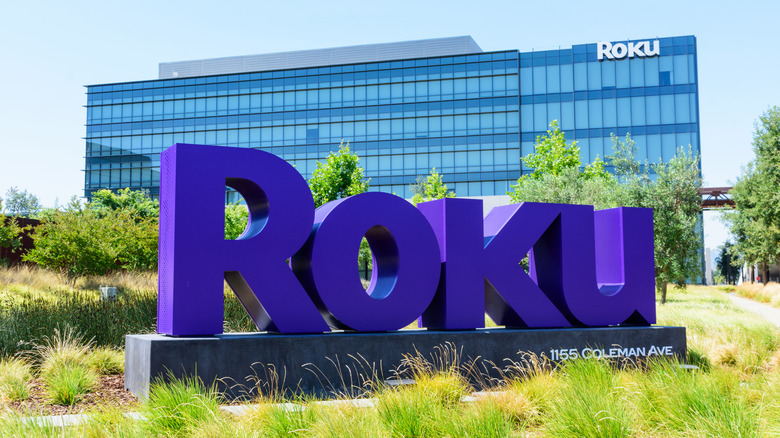Roku's The Next Company Slashing Its Workforce Over Economic Worries
Roku now joins the many tech companies that are undergoing mass layoffs recently, jeopardizing the jobs of hundreds of its employees in the process. In September, Roku had been quite busy announcing new hardware and software updates. Fast forward two months later, however, the company is now planning on making its work floor a lot less occupied. In a press statement, Roku announced it's reducing its headcount expenses in order to "slow down" its operating expenses rate.
The tech hardware firm cited "current economic conditions" in its industry as the driving factor forcing it to make its "difficult decision." Cutting down on employee expenses is said to aid in diverting resources on "key strategic priorities" that help promote the company's future growth. The result of such a decision will lead to placing an estimated 200 employees' jobs at risk. So, just how bad is it compared to other companies, and what exactly is causing such disruption within the tech industry in the first place?
A corporate layoff domino effect in progress?
Roku noted that its proposed employee cuts only amount to a measly 5% of its workforce, with only U.S.-based positions being affected as well. Compared to retail giant Amazon's equally alarming announcement, Roku's estimated figures seem a lot more reserved. The company's total layoffs are also a fraction of Meta's, which is rumored to affect workers by the thousands. Then again, Meta has over 87,000 employees, while Twitter's case of slashing half its staff was more of a circumstance caused by Elon Musk's recent takeover. Of course, that doesn't discount the rising layoff trend in an industry that ties all these companies together: the tech sector.
According to Forbes, there are a number of key takeaways to put into consideration amid the mass corporate layoffs, with the most obvious one being the country's current economic state — Roku's primary reason. Looming recession fears could already be eating into corporate funds in the short term, while mass hiring brought about by the pandemic could've likely led to overhiring — something tech companies might now be trying to rectify as the country's restrictions loosen. Given how much tech companies correlate with each other, one big layoff could very well lead to another, stirring the entire technology sector as a whole. If there's one surefire way to save a company from going under in such a scenario, cost-cutting is usually the go-to solution, and for the workers, it's not gonna be pretty.

